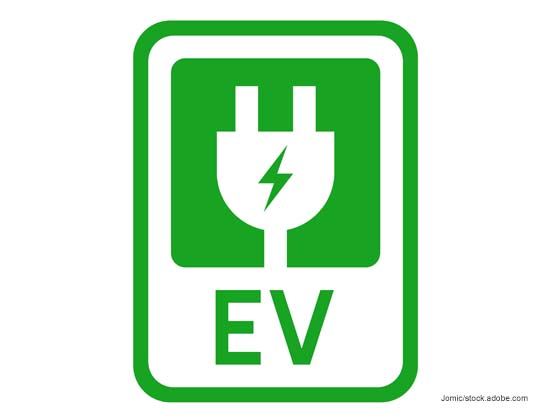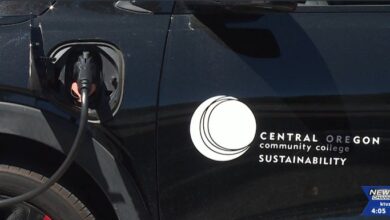Senator questions lack of charging stations for electric vehicles

A major complaint about the administration’s efforts to move the nation toward electric vehicles is that the charging infrastructure is not in place to support the transition.
In a Senate Environment & Public Works Committee hearing on Wednesday, June 5, lawmakers asked Federal Highway Administration Administrator Shailen Bhatt about the issue.
Sen. Jeff Merkley, D-Ore., noted that the 2021 Infrastructure Investment and Jobs Act set aside funds for 500,000 charging ports and that only seven publicly funded sites have been created.
“I’m just trying to light a fire under this … What it says to the public when you pass a bill that is going to fund 500,000 chargers and only seven sites are done three years later is that something is terribly wrong,” Merkley said. “It needs to be fixed, and it needs your intense attention.”
During Bhatt’s testimony, he said that the number of publicly available electric vehicle charging ports had increased by 90% with more than 183,000 across the country. However, the majority of the ports were created by the private sector. Bhatt said that only “dozens” were created with public funds.
“I share your frustration,” Bhatt said to Merkley. “But I’m confident we will meet our goal.”
Operational realities
While most of the discussion on electric vehicles at Wednesday’s EPW hearing involved charging stations for passenger vehicles, the lack of infrastructure also has been a key issue related to the electrification of heavy-duty trucks.
At a House subcommittee hearing in April, a trucking executive was critical of the U.S. Environmental Protection Agency’s final rule that requires a quarter of sleeper-cab tractors to be zero-emission (directly from the tailpipe) by 2032.
“This unworkable mandate ignores operational realities and places a costly burden on trucking companies,” said Taki Darakos, a vice president at Pitt Ohio. “Although battery-electric trucks show promise in certain applications, it is apparent they are not ready for broad deployment due to technology limitations.”
Darakos said the main obstacles facing the move toward electric trucks involve technology limitations, the lack of infrastructure and the cost.
“Battery-electric trucks require an enormous amount of energy,” he said. “Just one truck depot could require the same amount of electricity needed to power an entire town.”
The OOIDA Foundation also recently pointed out the operational hurdles largely ignored by the EPA. The Foundation said that the EPA’s mandate would require 1.4 million electric charging stations to be installed by 2032 and that truckers would need to invest $620 billion for the charging infrastructure. LL



